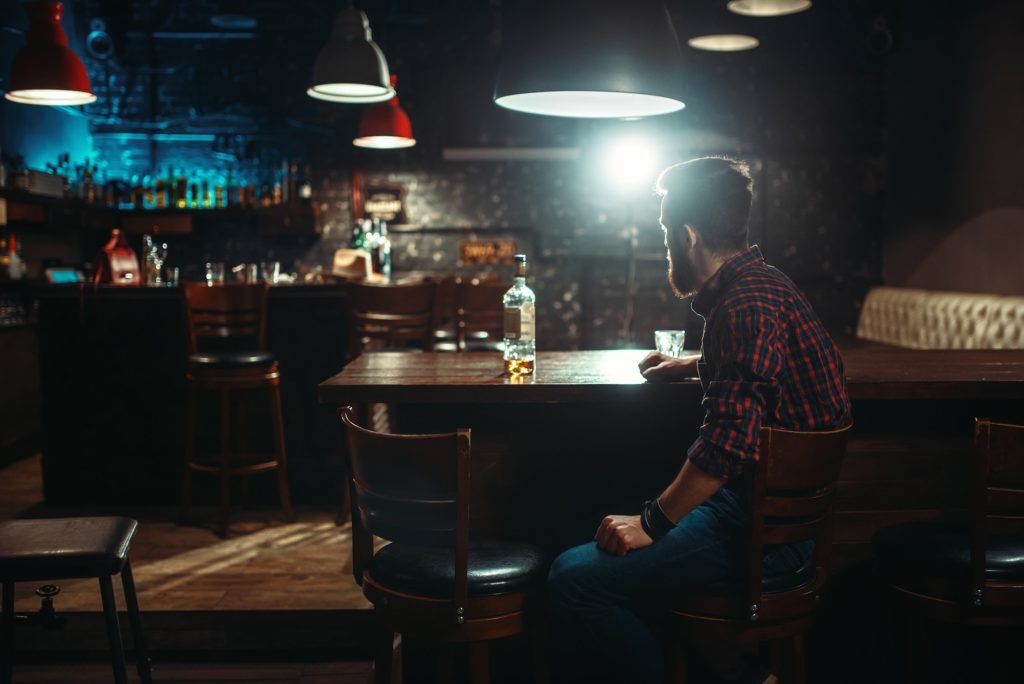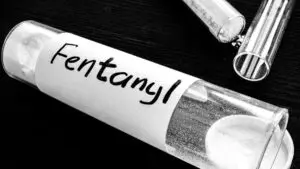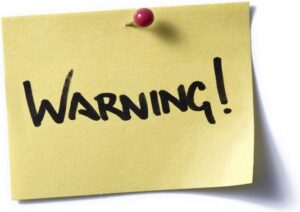Navigating sobriety is more than resisting the urge to use. Addiction recovery is active, not passive. Each day we choose to avoid known triggers, practice mindfulness, and use positive means of coping with life’s challenges. For people in early recovery, recognizing common addiction triggers is vital to long-term sobriety.
What are Common Addiction Triggers?
Emotional Triggers
Substance abuse often stems from underlying emotional and mental distress. We use drugs and alcohol to cope with the things we don’t want to feel or deal with. Self-medicating for depression, anger, anxiety, or stress does nothing to quell the problem, only serving to compound the issue. If you are experiencing urges due to overwhelming emotions, remember: turning to your drug of choice will never make things better. Practicing mindfulness and continuing to participate in outpatient levels of care can help you manage the emotional challenges of recovery without relapsing.
Physical Triggers
Underestimating the dangers of physical triggers is a common misstep in early recovery. We make the mistake of wanting to prove ourselves recovered by returning to the places and people we once frequented to test ourselves, consciously or not. Going back to the bars, street corners, or drug dens we used to know is only tempting the devil forward. The friends and people we knew in active addiction can also serve as triggers. Part of the recovery journey is letting go of that which holds you captive to your past. It’s okay to let these things go.
Unanticipated Triggers
The most dangerous triggers are the ones we don’t consider. Unanticipated triggers can blindside us, quickly leading to relapse and related dangers. Some common triggers people often overlook include:
- Celebrations
- Holidays
- Seasonal changes
- Lack of sleep
- Use of substances other than your drug of choice
- Relationship troubles
- Boredom
If faced with sudden urges, it’s important to stay focused on the reasons you choose sobriety over active addiction. These thoughts and feelings are temporary and never worth the distress and shame that comes with relapse. Take a moment to ground yourself. Distract yourself with your favorite hobbies or self-care techniques. Contact your sponsor, go to an extra meeting, or surround yourself with supportive family and friends.
What to Do if Relapse Happens
Relapse doesn’t have to be the end of your recovery journey. It doesn’t have to lead to dangerous benders. If you experience a relapse, the more important thing to do is be safe and get back on track as soon as you can. We can help.



